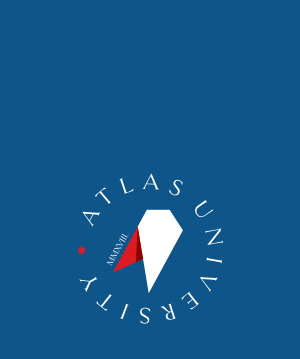Just like the internet did in the 1990s, artificial intelligence will change the definition of work. While change can be scary, if the last three years have taught us anything, it can also be an opportunity to reinvent the way we do things. I believe the best way for both employees and employers to manage the changes ahead is to adopt a skills-first mindset.
For employees, this means thinking of your job as a set of tasks rather than a job title, and understanding that these tasks will change regularly as AI advances. By dividing your job into tasks that AI can fully take over, tasks where AI can increase your productivity, and tasks that require your unique skills, you can determine the skills you really need to invest in to stay competitive in the job you have. .
After all, the skills required for many jobs have changed by a staggering 2015 percent since 25, and that number is expected to reach at least 2030 percent by 65 due to the rapid development of new technologies such as artificial intelligence. And it's not just AI literacy skills; The importance of human skills is also increasing. Our data shows that the top skills that professionals think will become more important as AI tools become more widely used in the workplace are problem-solving, strategic thinking, and time management.
As for employers, the rise of artificial intelligence only increases the importance of a skills-based approach to recruiting and developing talent. People are learning AI skills quickly; The number of members with AI skills is now nine times higher than in 2016. And there's a hunger to put these newly developed skills to work: LinkedIn job postings that mention AI or Generative AI have seen a 17 percent higher increase in applications over the past two years than job postings that don't mention the technology. Leaders who focus on these skills when hiring (rather than the degree a person has earned or the jobs they have held) will unlock more potential and be more agile as the way we do business continues to change.
The same goes for developing talent. We will see employers become educators, “training to get hired” into ever-changing jobs through recruitment, apprenticeships and academies, as well as “training to be promoted” into ever-changing roles through upskilling and tours of duty that take employees to new experiences. functions and maybe even new careers. This will be true for hard AI-related skills, but perhaps more importantly, it will also be true for people skills: Our data shows that 92 percent of U.S. executives believe people skills are more important than ever.
2024 will begin to open the doors to a new world of work, where human skills such as problem-solving, empathy, and active listening are more fundamental to career success, and where collaboration between people is more fundamental to company success. Leaders and employees need to think of AI as one tool in the toolbox. It doesn't replace people, it allows them to do their jobs more effectively and leaves them time to focus on the more valuable, more human parts of their jobs. For example, a software engineer can get help from AI with the more routine or repetitive coding required on a regular basis, giving them more time to develop new ideas. Or a recruiter can save time by leaving the creation of job postings to AI and focus on more strategic parts of the hiring process, like talking to candidates and building relationships with them.
In 2024, leaders will leverage this ever-evolving technology while also empowering their people and aligning people skills development and continuing education with AI skills and practical human skills. The result will be a new world of work that is more humane and more fulfilling than ever before.
Source: Wired Magazine










